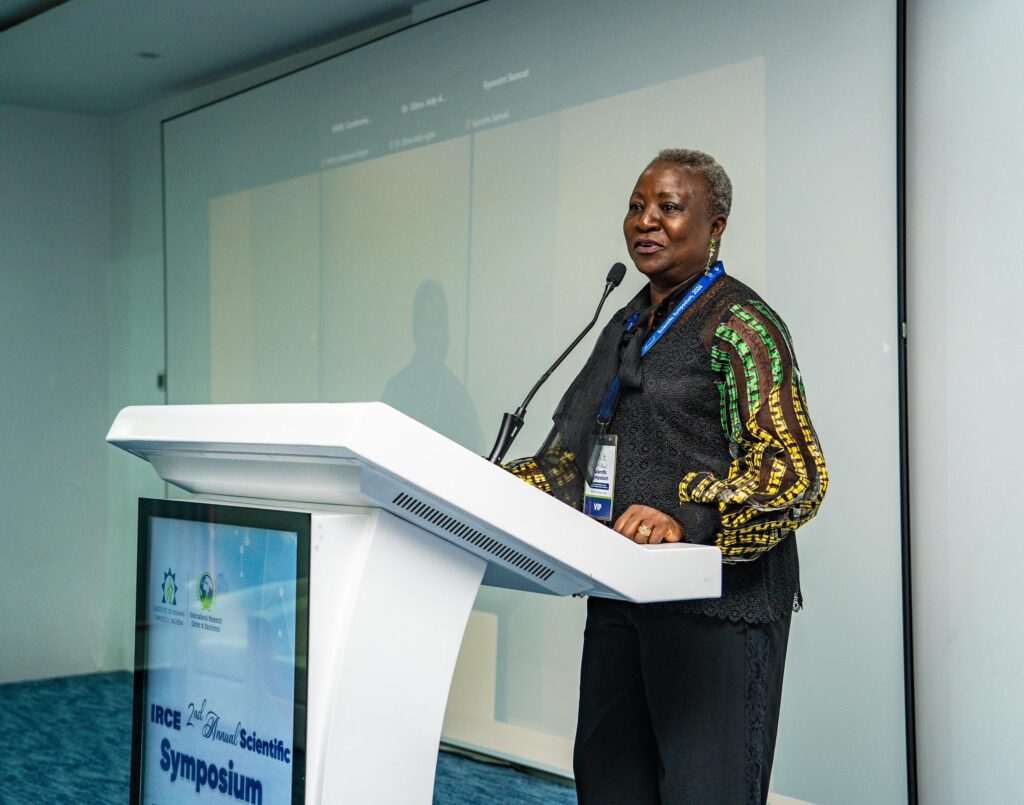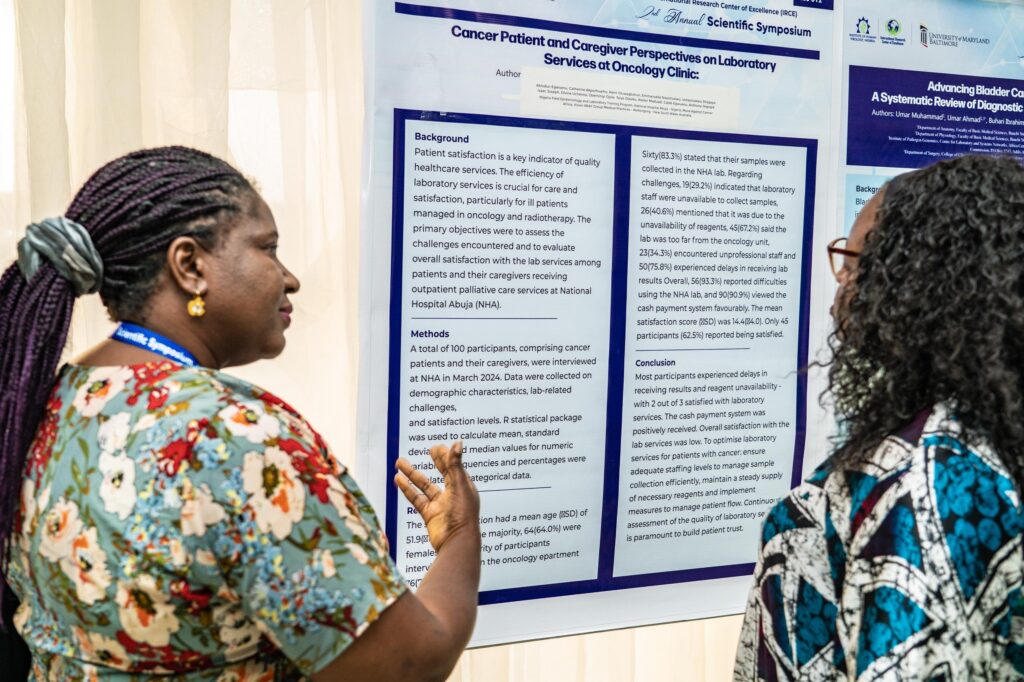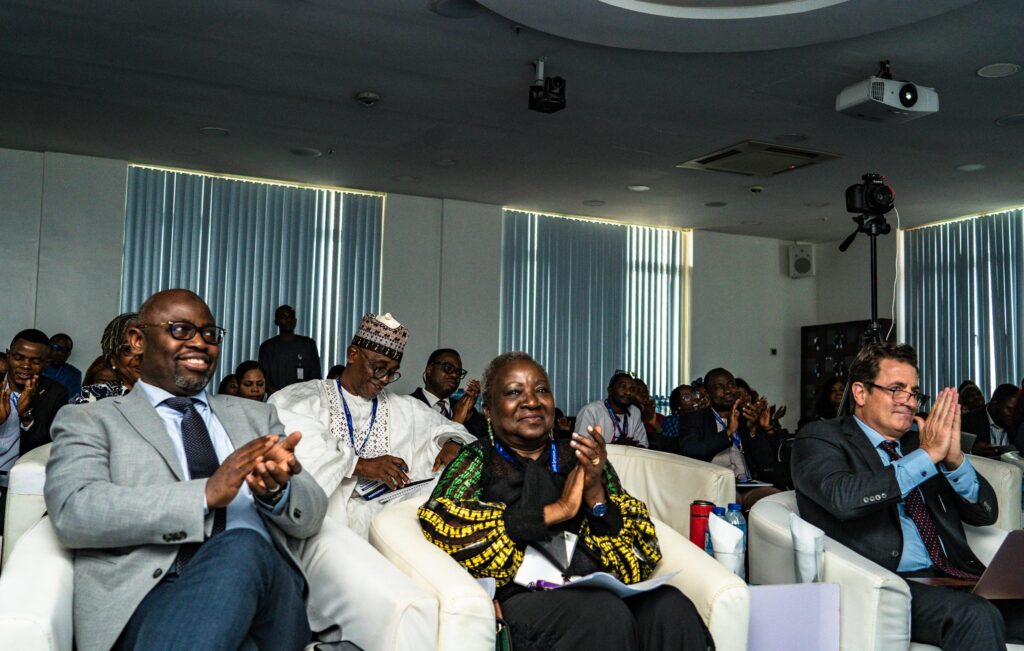- August 20, 2024
- Posted by: admin
- Category: Latest
The Executive Director of the International Research Center of Excellence (IHVN) at the Institute of Human Virology Nigeria (IHVN), Prof. Alash’le Abimiku has said that health research should benefit Nigerians and give a better understanding of diseases.
Prof. Abimiku said this at the just concluded IRCE 2nd Annual Scientific Symposium on sickle cell disease and cancers.
“The target of this symposium is to make sure that research in the country benefits the citizens of Nigeria. It is a strategic move to expand to non-communicable diseases because not all of the health challenges that we have in the country are a result of HIV, tuberculosis, and malaria. We need to look at non-communicable diseases and the reason that we are focusing on sickle cell disease is that it targets the black population.
We must benefit our population. Our target is to make sure that we understand the diseases, bring in international collaborators and investigators, and use our research findings to better inform how we can reduce the mortality and morbidity as a result of these two diseases.
On cancer, WHO has predicted that by 2050, the number of individuals who are dying as a result of cancer will double and most will be male. We hope that we can expand some more and join forces for more diagnosis and treatment to benefit the Nigerian citizens,” she said.
The IRCE Executive Director also stressed the need for better diagnostic tests, and education of the public and all stakeholders about prevention and treatment of both sickle cell and cancer.
“We need to focus on what we can do with diet, exercise, and a lot more to prevent cancer. I’m hoping that with meetings like this, we will bring more light to sickle cell and cancer,” she said.
A participant and researcher at the symposium, Catherine A. noted that research provides the evidence to guide the management of diseases including sickle cell disease andcancers.
“It is not about taking a child abroad for better health care. Health care research should gear up so that we can have children with sickle cell have little or no crisis.”
Another participant and speaker at the IRCE symposium, Dr Victoria Igbinomwanhia said that the meeting was enlightening and engaging on the “different concepts, challenges, enablers, barriers and strategies from the perspective of users, health care workers, implementers and recipients of healthcare services.”
Dr Igbinomwanhia who presented on the topic, “Leveraging the PEPFAR Program to Prevent Cancers – IHVN Experience,” said that the lessons learned at the meeting can be applied to sickle cell disease and cancer research.
The theme of the IRCE 2nd Annual Scientific Symposium was, “Expanding Partnerships to Sickle Cell Disease and Cancer Research. The two-day meeting attracted experts from within and outside Nigeria including the Dean of the University of Maryland School of Medicine, Dr. Mark T. Gladwin, and the Executive Director of the University of Maryland Marlene and Steward Greenebaum Comprehensive Cancer Center, Dr. Taofeek Owonikoko.




